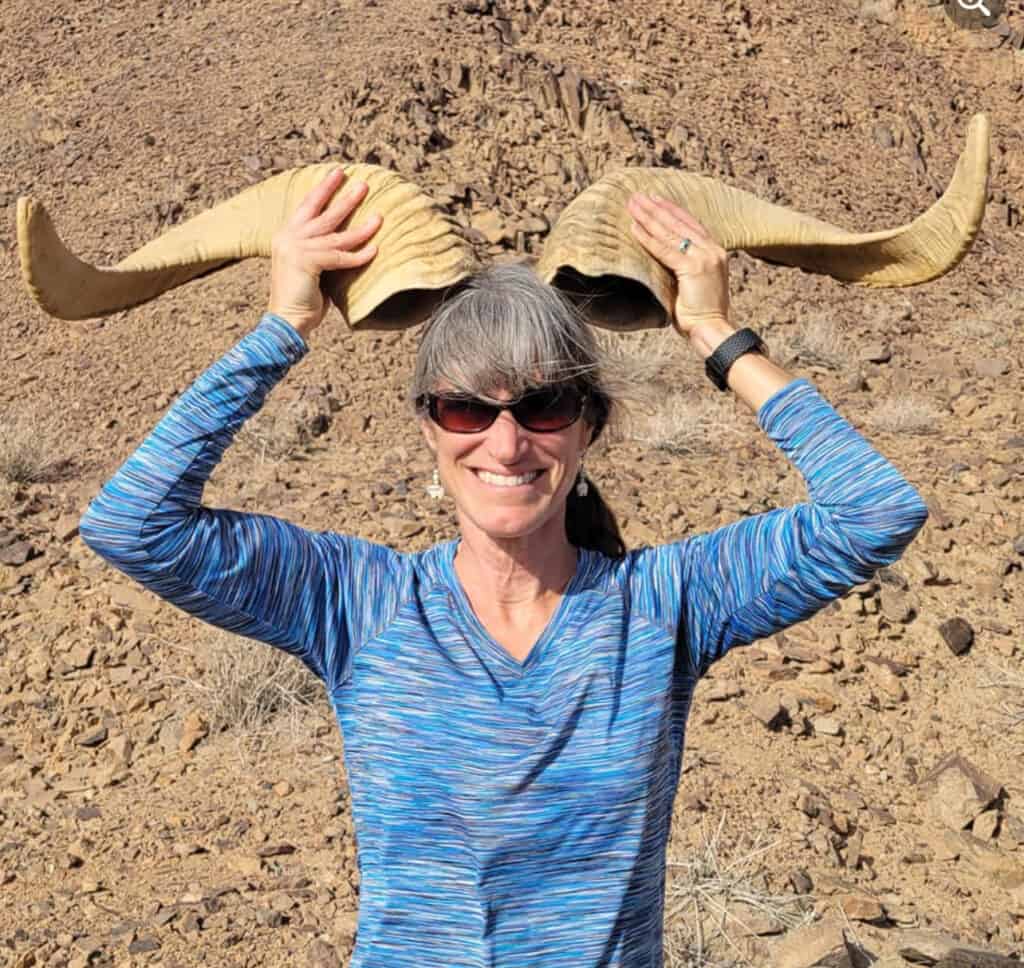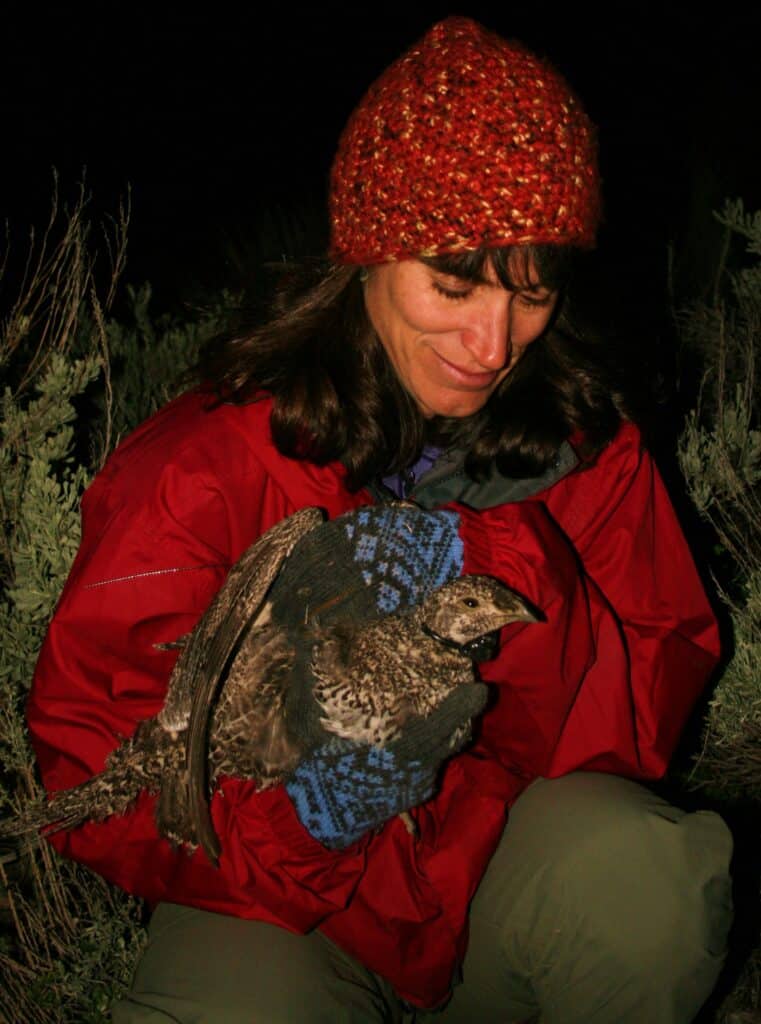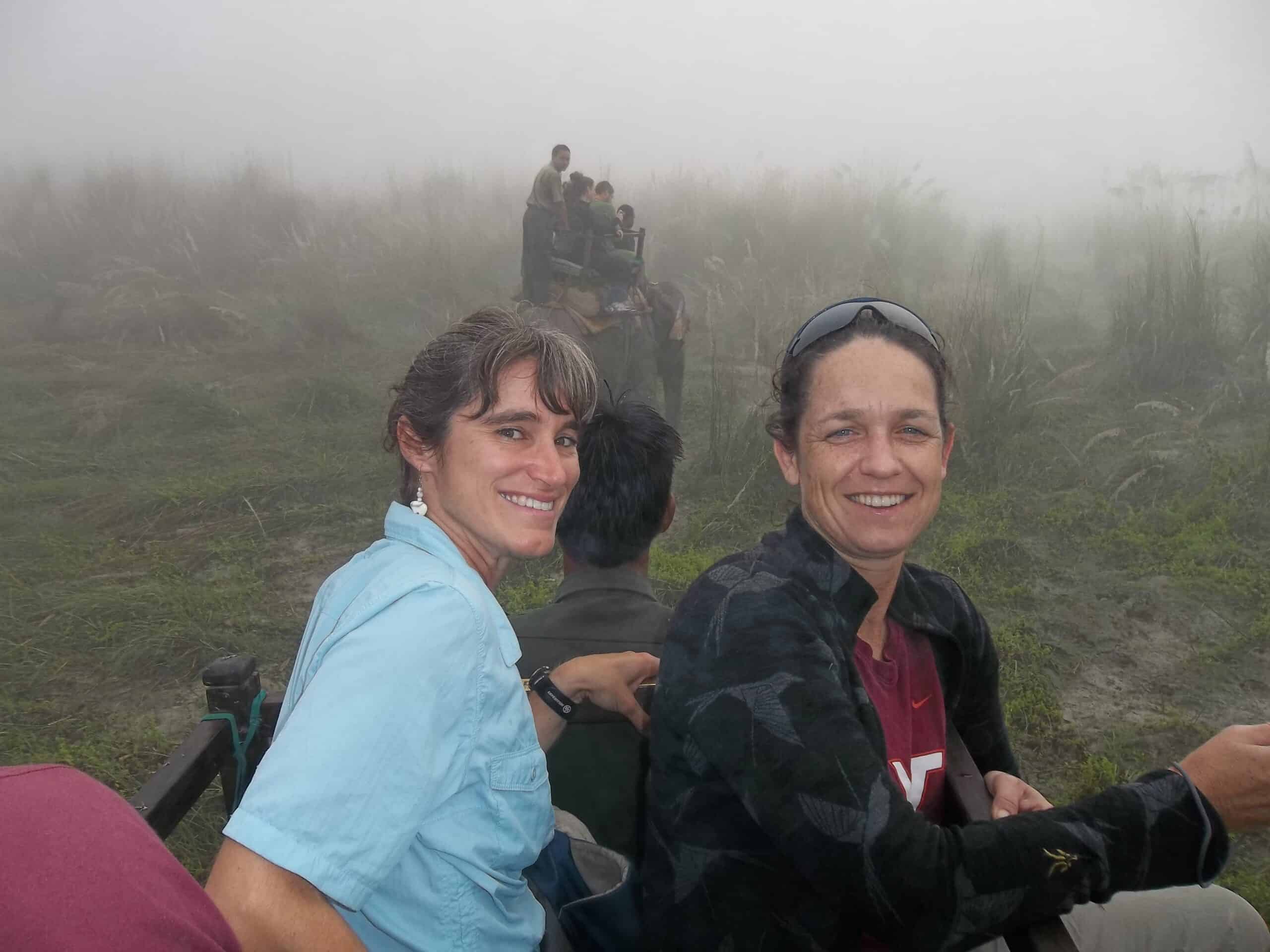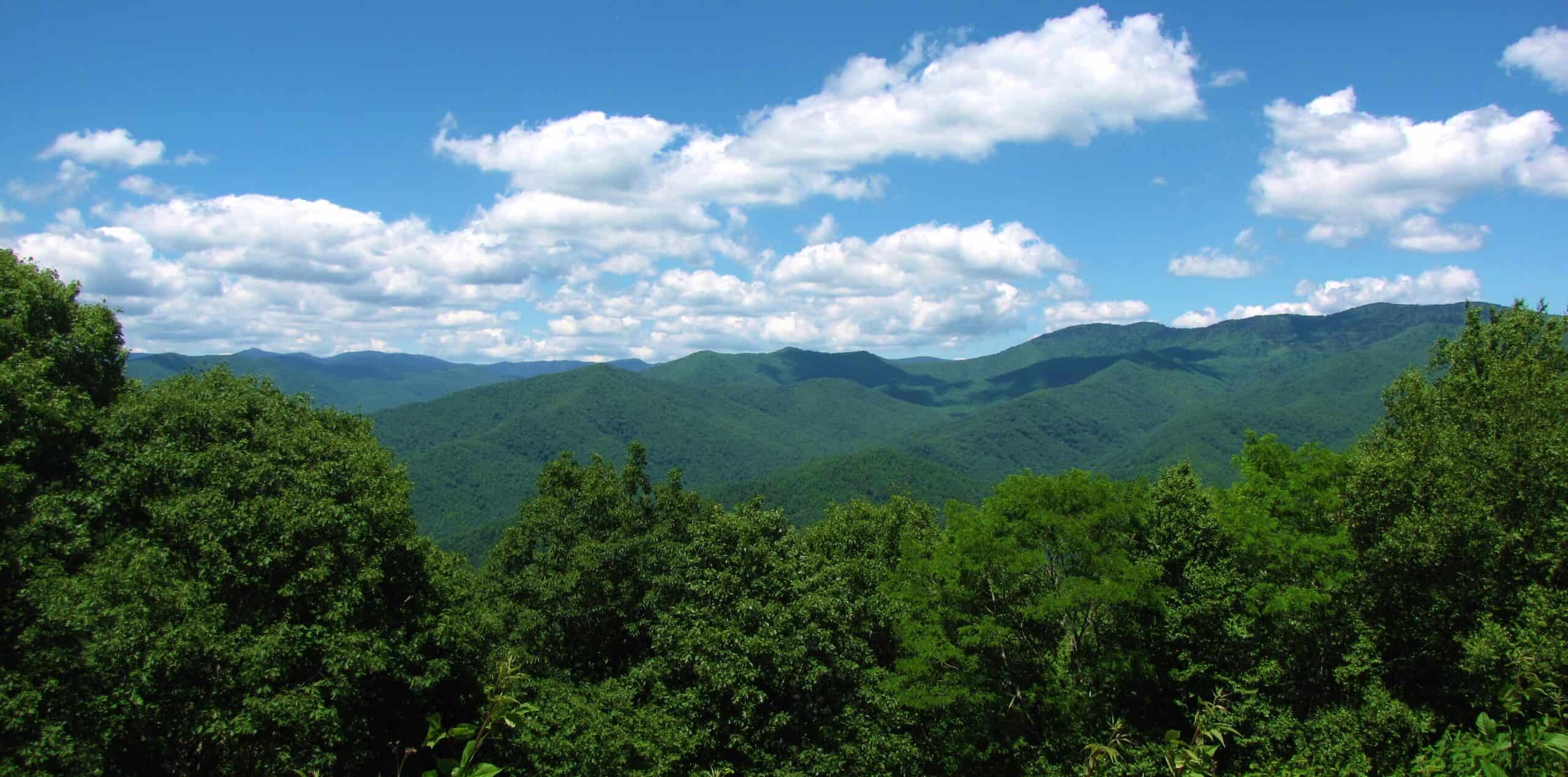Share this article
Lisette Waits receives Caesar Kleberg award
The genetic expert has worked on conservation and management projects around the world
Whether it’s from polar bear paw prints or hair from Mexican wolves, DNA holds myriad clues for biologists.
Using genetic material to improve conservation and wildlife management is the key to Lisette Waits’ success in the profession. As a distinguished professor in fish and wildlife sciences at the University of Idaho, Waits’ search for DNA samples has carried her around the world, from the Arctic to the Andes.
Waits has used DNA from saliva, hair, scat and skin cells left in footprints to determine species, sex—even individual animals. Her work has helped with efforts to recover species like the Mexican wolf (Canis lupus baileyi) and Sonoran pronghorn (Antilocapra americana sonoriensis), and to better understand polar bears (Ursus maritimus) and declining caribou (Rangifer tarandus) populations.

But Waits’ work extends far beyond North America. She has put her expertise to work on Andean bears (Tremarctos ornatus) in Ecuador and tigers (Panthera tigris) in Nepal.
For this work, colleagues and former students nominated Waits for The Wildlife Society’s Caesar Kleberg Award for Excellence in Applied Wildlife Research for 2023. The award will be presented in November at TWS’ 2023 Annual Conference in Louisville, Kentucky.
“Many of the techniques Dr. Waits helped develop have become essential tools for wildlife research, management, and conservation,” wrote Robert Lonsinger, a research wildlife biologist with the U.S. Geological Survey, in a nomination letter. “She pioneered the application of noninvasive genetic sampling and environmental DNA (eDNA), which have revolutionized wildlife monitoring and research programs globally.”

Waits has also worked throughout her career to improve diversity, equity and inclusion through recruitment and support in the profession, Lonsinger said. “Her unwavering support and integration of students and scientists from underrepresented groups has undoubtably strengthened her applied research program and impact.”
Waits is happy to be doing research that makes a difference on the ground, rather than staying safely within the “ivory tower” of some academics.
“It’s an incredible honor to be recognized for making important contributions to wildlife management and conservation science,” Waits said. “It is an extra honor to be the first woman to receive the award,” she said.
Header Image: Lisette Waits rides an elephant in Chitwan National Park in Nepal with collaborator Marcella Kelly during work monitoring tigers. Credit: Cas De Stoppelaar








